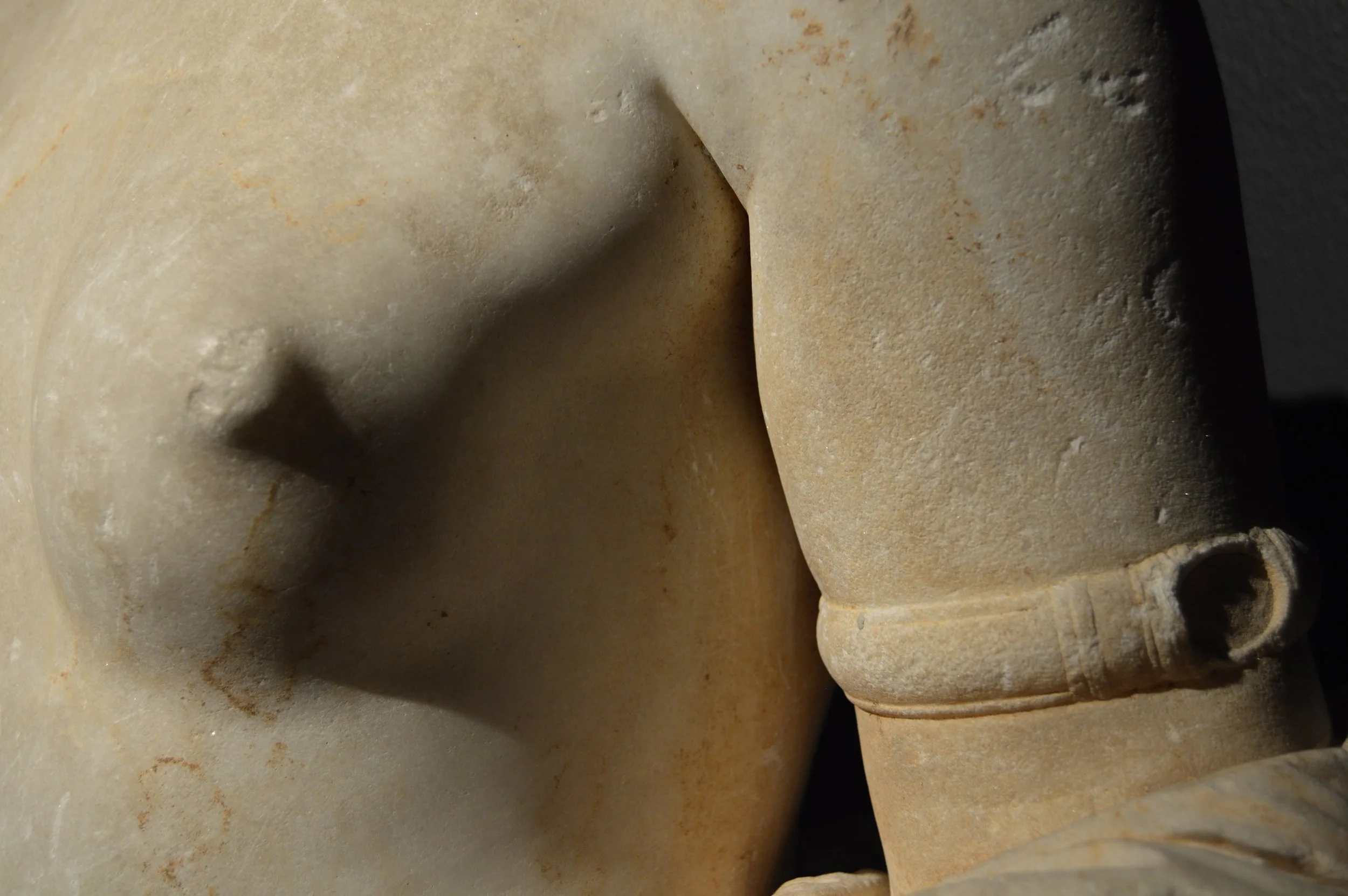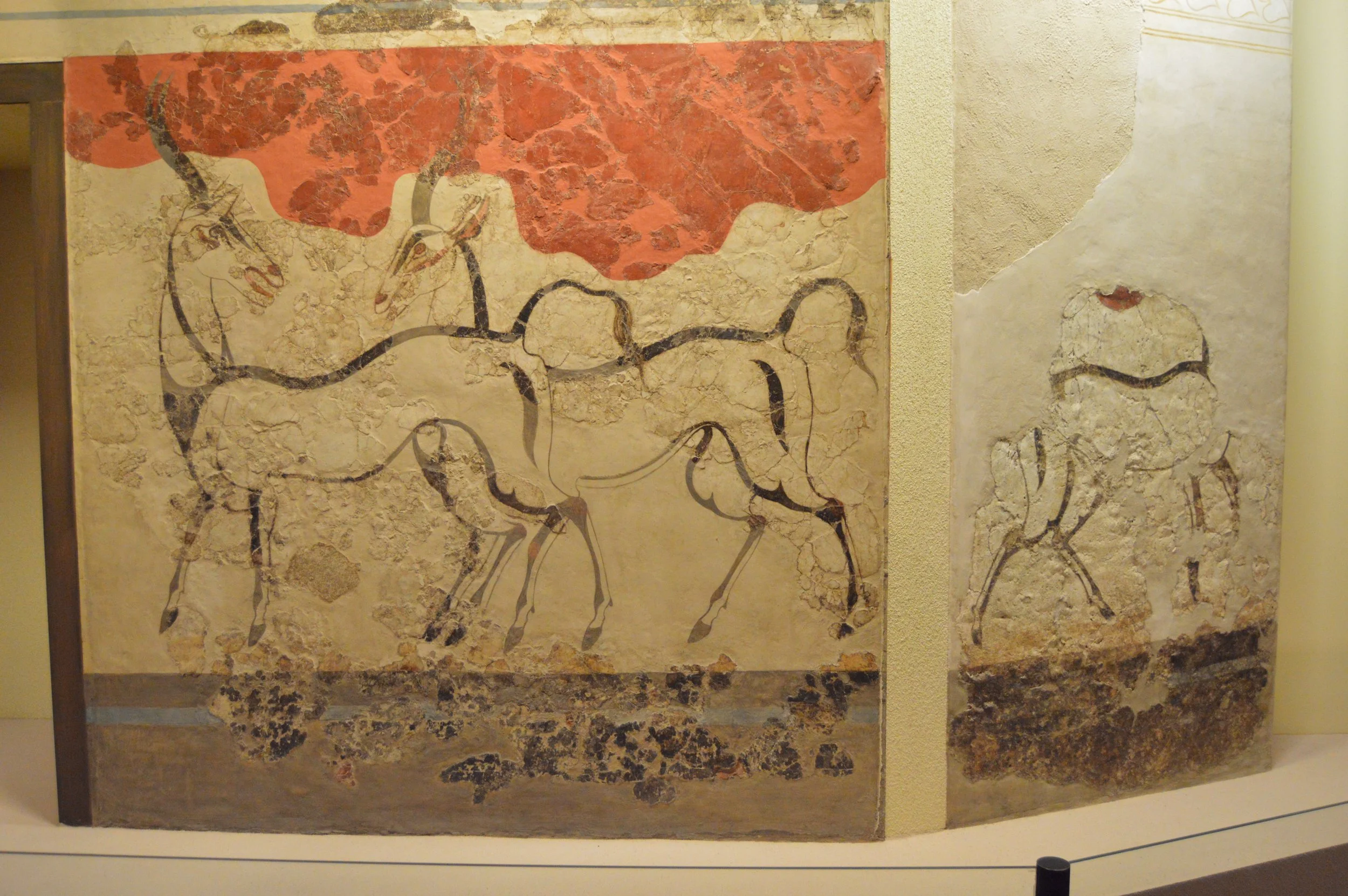Introduction
“Common sense and a sense of humour are the same thing, moving at different speeds. A sense of humour is just common sense, dancing.”
- Clive James
If musicians are wizards (and they are), comedians must be angels.
It’s been said that if you can get people to laugh with you, you’re halfway to getting them to agree with you. By the same token, I suppose, if you can get enough of them to hate the same things as you do, you can end up ruling the world. Or at least, get them to storm a Capitol or two.
But deep down the vast majority of people surely crave happiness rather than strife, a settled life instead of constant conflict. And we all need to feel we belong somewhere, among kindred spirits and like-minded people. Nowhere is this sense of community and comfort more positive and warmly apparent than in an audience watching a decent comedy show. Having a good laugh releases endorphins, the feel-good chemical, which is said to help relieve pain, reduce stress and improve one’s sense of well-being. Nothing quite beats that feeling of satisfaction at the end of an evening when your ribs ache, your face hurts and everyone in the world feels like your friend.
Actually, something beats it. Being the cause of that pleasure beats it. Being the writer beats it, even more than the performer, because in the beginning was the word.
In one of my plays I have my mouthpiece character say, “My ambition is to write a joke so funny that if someone told it the moment the four-minute warning sounded, people would die laughing.” Here are some of the sketches I wrote along the way while trying to achieve that elusive aim.
Explore
-
Sketches
n. quick drawings of a two-masted sailing boat from the south
-
Quickies
n. brief examples of eg sexual intercourse
-

Play Spoofs
v. parodies hoaxes
-
Party Pieces
v. do bits



